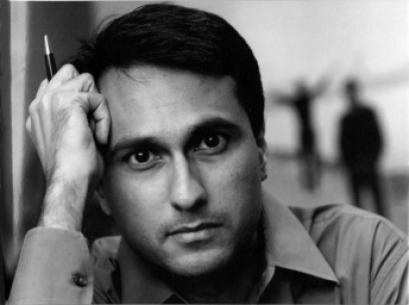An Effort to Foster Tolerance in Religion
By Laurie Goodstein | Jun 17, 2011

CHICAGO — For a guy who is only 35 and lives in a walk-up apartment, Eboo Patel has already racked up some impressive accomplishments.
A Rhodes scholar with a doctorate in the sociology of religion from Oxford University, he has four honorary degrees. His autobiography is required freshman reading on 11 college campuses. He runs a nonprofit organization — the Interfaith Youth Core — with 31 employees and a budget of $4 million. And he was tapped by the White House as a key architect of an initiative announced in April by President Obama.
Mr. Patel got there by identifying a sticky problem in American civic life and proposing a concrete solution. The problem? Increased religious diversity is causing increasing religious conflict. And too often, religious extremists are driving events.
He figured that if Muslim radicals and extremists of other religions were recruiting young people, then those who believe in religious tolerance should also enlist the youth.
Interfaith activism could be a cause on college campuses, he argued, as much “a norm” as the environmental or women’s rights movements, as ambitious as Teach for America. The crucial ingredient was to gather students of different religions together not just to talk, he said, but to work together to feed the hungry, tutor children or build housing.
“Interfaith cooperation should be more than five people in a book club,” Mr. Patel said, navigating his compact car to a panel discussion at Elmhurst College just west of downtown Chicago, while answering questions and dictating e-mails to an aide. “You need a critical mass of interfaith leaders who know how to build relationships across religious divides, and see it as a lifelong endeavor.”
Until Mr. Patel came along, the interfaith movement in the United States was largely the province of elders and clergy members hosting dialogues and, yes, book clubs — and drafting documents that had little impact at the grass roots.
Read more: http://www.nytimes.com/2011/06/14/us/14patel.html?_r=1&partner=rssnyt&emc=rss















